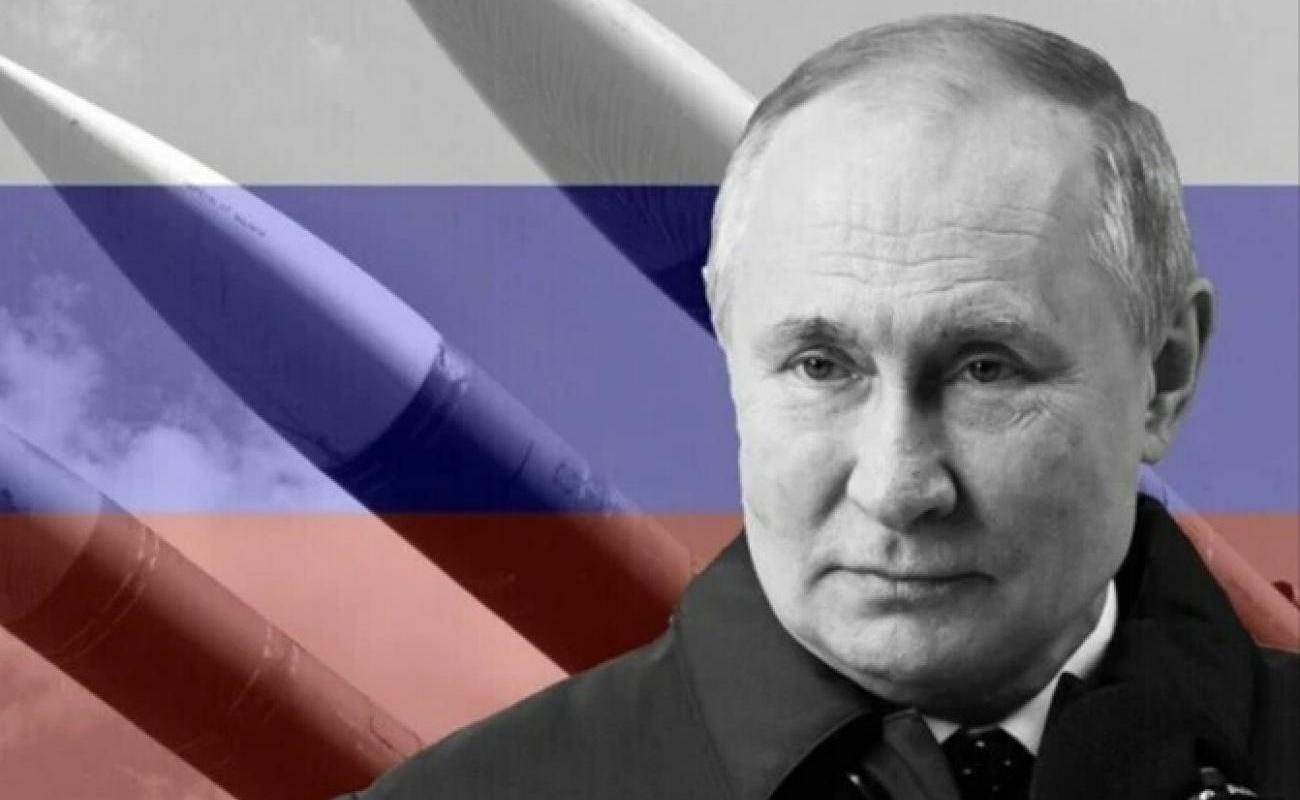Russia is opening a hybrid "second front" against Ukraine and the West in Belarus and Georgia

"The Kremlin is trying to create an "anti-Ukrainian" scenario in neighboring countries, where victims of Russian invasions are now capitulating to Moscow in exchange for symbolic peace"
The Kremlin continues its hybrid aggression around the world, especially in neighboring countries. Belarus is engaged in a hybrid war against Ukraine, pro-Moscow revenge is growing in Georgia, which can create significant problems for Ukraine and its partners. A similar scenario will probably follow in Moldova.
Ukraine maintains a full line of defense below the Belarusian border, however, Belarus is not currently considered a source of land threat.
Instead, Belarus' "sovereign" airspace is being used for new provocative tactics. Almost every night, several Russian drones "veer" into Belarusian skies during mass attacks on Ukraine - and often return to Ukraine's air defense zone.
According to Belarus' Gayun OSINT group, at least 18 Shaheds flew into Belarus from Ukraine last week alone, and most have returned. The Belarusian air defense (which is semi-dependent on the Russian one) sometimes destroys such targets (Belarusian President Alexander Lukashenko also stated this), and sometimes does not react to them.
According to experts, such "flights" can be explained by real technical problems or disguised as them. This is a situation of plausible deniability that is typical of Moscow and therefore not accidental.
The main problem of "drones" is overstrain of Ukrainian air defense. After all, the Defense Forces must expect any newly discovered and "lost" Russian air target to return to Ukraine at any point along the 1,000 kilometer border with Belarus. And the non-transparent, unpredictable actions of the Belarusian air defense are an additional potential threat here.
In the informational and political aspect, Russian "intrusions" into Belarus deliberately add tension and uncertainty. Given the non-transparency of the Belarusian regime, we must constantly expect aerial provocations over the Ukrainian-Belarusian border. Lukashenko has already hinted at such a risk, telling propagandists that Belarus is shooting down "both Russian and Ukrainian" drones.
In Georgia, the elections turned into pro-Moscow political revenge, organized through networks of disinformation, corruption and subversion of the Kremlin on the ground. In Moldova, a country neighboring Ukraine, Moscow is trying to organize a similar scenario. These processes have been widely covered in the media, so we should focus on their strategic consequences for Ukraine and the West.
Geopolitical and military aspects
The main political result of the establishment of openly pro-Kremlin regimes in Tbilisi and Chisinau will be an attempt at an "anti-Ukrainian" scenario: when the countries that are victims of Russian invasions will now clearly capitulate to the Kremlin and demonstratively ensure not only "peace" [briefly] and symbolic economic preferences, but also apparent "restoration" of territorial integrity.
Thus, Moscow, through the hands of its puppet regime in Tbilisi, is probably preparing the "reconciliation" (or even "reintegration") of Georgia with "South Ossetia", which is still occupied by Russia. At the same time, the Georgian authorities began a sudden campaign to shift the blame for the 2008 Russian invasion onto Georgia and the West.
It is not difficult to predict the Kremlin's global disinformation campaign about a kind of "successful Minsk-3" in Georgia, which Ukraine abandoned in 2019-2021. and allegedly "asked" for a full-scale war and the loss of additional territories.
We do not rule out a literal repetition of the Donbas scenario from 2014 in Georgia and Moldova - when the Kremlin organizes an armed conflict between its own criminal-espionage network and the anti-Moscow public, which will cause an influx of refugees into the European Union and further military-political "overload" of the West.
At the same time, Russian air and naval strikes in Georgia and even an invasion of a symbolic number of Russian soldiers and "separatists" (Moscow does not have large land reserves) are possible, under pretexts such as the death of Russian citizens.
Geoeconomic aspects
If a pro-Kremlin regime is established in Moldova, it will directly affect Ukraine. Important logistics corridors pass through Moldova, "embedded" in the Ukrainian infrastructure of railways, highways, gas pipelines and power networks in the "Ukraine-EU" direction. Although a Russian invasion of Moldova is impossible (including from the so-called Transnistria), the Kremlin's local network will be able to organize sabotage and armed provocations against Ukrainian logistics.
Georgia is militarily and economically unimportant to Ukraine, but it is critically important to such important Ukrainian and Western partners as Azerbaijan and Turkey, as well as to Russia's ally Iran. Oil pipelines and roads necessary for Azerbaijani and Iranian exports pass through Georgia.
Given the specific nature of Russian-Turkish relations, there is no doubt that the Kremlin will use a potential internal conflict in neighboring Georgia to put pressure on Ankara and Baku. First of all, to force the Turkish government to make anti-Ukrainian decisions and further distance itself from the West in the direction of BRICS.
